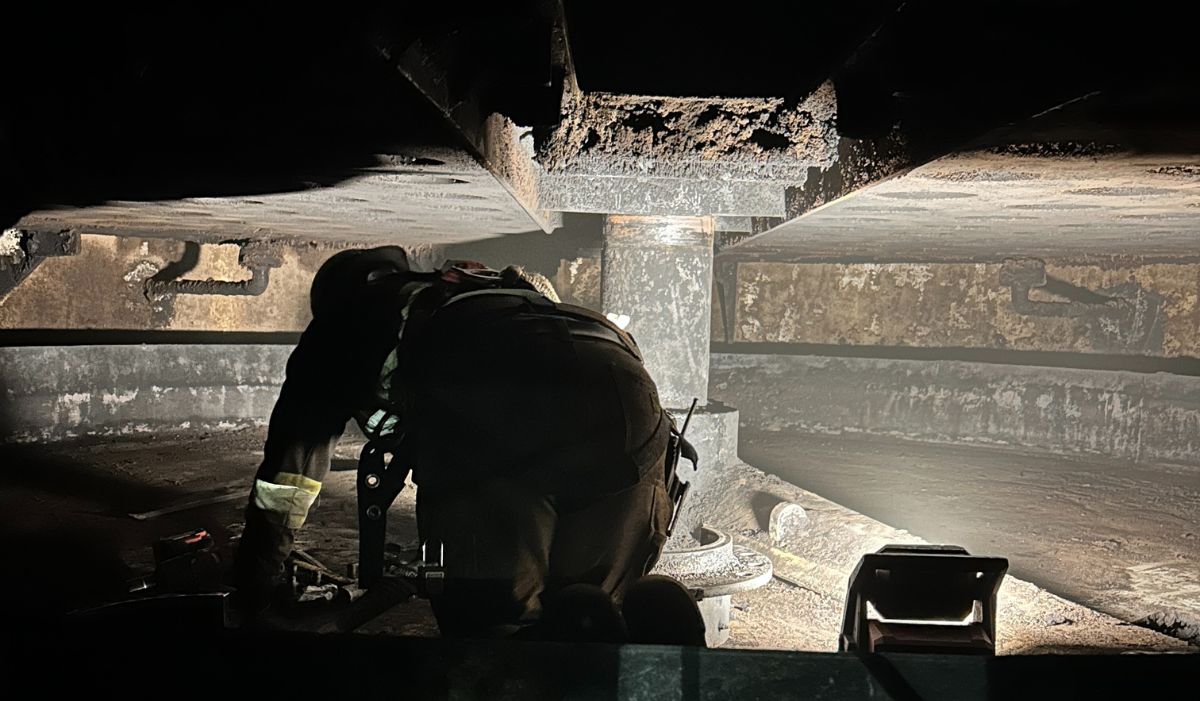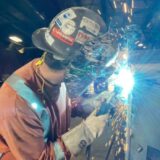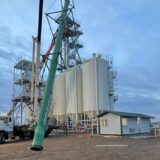Crafting the Future: Career Opportunities in Skilled Trades
The demand for professionals in skilled trades is growing rapidly, offering promising career paths for those who prefer hands-on work. As industries evolve, the need for expertise in construction, welding, carpentry, and electrical work continues to rise. These careers provide stability, competitive salaries, and opportunities for advancement, making them an attractive option for individuals looking to build a rewarding future.
The Rising Demand for Skilled Trades
The labor market is experiencing a shortage of skilled professionals due to an aging workforce and increasing infrastructure projects. As automation reshapes industries, skilled trades remain irreplaceable, ensuring long-term career stability. Fields such as industrial maintenance, HVAC, and plumbing are in constant demand, offering job security and growth potential.
One of the primary reasons for this demand is the retirement of experienced workers. Many industries rely on skilled professionals to maintain operations, and with fewer individuals entering the trades, the gap between job openings and qualified workers is widening. Governments and private organizations are encouraging more people to enter vocational training programs to meet this growing need.
Career Paths in Skilled Trades
Pursuing a career in skilled trades opens doors to various industries, including:
- Construction and Carpentry – Crafting residential and commercial structures with precision.
- Welding and Metal Fabrication – Essential in manufacturing, infrastructure, and repairs.
- Electricians and Technicians – Ensuring safe electrical installations and maintenance.
- Plumbing and HVAC – Keeping homes and businesses functional and energy-efficient.
- Industrial Mechanics – Supporting the operation of large machinery and production lines.
- Automotive and Heavy Equipment Repair – Maintaining and repairing vehicles, including construction and agricultural machinery.
- Masonry and Roofing – Building durable structures and ensuring weatherproofing in residential and commercial buildings.
Each of these fields offers diverse opportunities, allowing individuals to specialize and advance in their careers. Unlike many white-collar jobs, skilled trade professionals often have the advantage of starting their careers earlier, gaining valuable work experience while avoiding the burden of student loan debt.
Benefits of Choosing a Skilled Trades Career
Unlike traditional career paths that require a four-year degree, many skilled trades professions emphasize apprenticeships and vocational training. This approach allows individuals to gain hands-on experience while earning an income. Some key benefits include:
- High Earning Potential – Many skilled professionals earn competitive salaries without student loan debt. Some fields, such as electricians and welders, can earn six-figure incomes with experience and specialization.
- Job Security – The ongoing demand ensures stable employment opportunities. With many industries requiring hands-on expertise, skilled trades are less likely to be outsourced or replaced by automation.
- Career Growth – Certifications and experience lead to higher positions and entrepreneurship. Many skilled professionals go on to start their own businesses, creating even more opportunities in the industry.
- Work-Life Balance – Many roles offer flexible schedules and project-based work. Trade professionals often have the ability to work independently, take on contracts, and manage their own work schedules.
- Personal Satisfaction – Many people find fulfillment in seeing the tangible results of their work, whether it’s a completed building, a repaired vehicle, or a well-functioning electrical system.
These advantages make skilled careers a practical and lucrative option for those looking to enter the workforce efficiently.
How to Start a Career in Skilled Trades
For those interested in joining the skilled trades, several pathways exist:
- Vocational Training Programs – Community colleges and trade schools offer specialized courses that provide hands-on learning experiences.
- Apprenticeships – On-the-job training allows individuals to learn while working under experienced professionals. Many industries offer paid apprenticeships, allowing trainees to earn a wage while gaining valuable experience.
- Industry Certifications – Certifications validate expertise and enhance career prospects. For example, electricians, welders, and HVAC technicians often need to pass certification exams to advance in their careers.
- Networking and Job Placement Services – Many organizations connect skilled workers with employers, offering career guidance and placement opportunities.
- Military and Government Programs – Various government initiatives and military training programs offer pathways into skilled trades, often with financial support for training and certification.
By taking the right steps, individuals can transition into fulfilling careers that offer long-term stability and financial security.
The Future of Skilled Trades
As industries embrace new technologies and sustainable practices, skilled trades professionals will continue to play a crucial role in development and innovation. Green building initiatives, automation support, and infrastructure expansion all require skilled expertise, ensuring a bright future for those in these careers.
Additionally, technology is transforming skilled trades, with new tools and digital solutions improving efficiency and precision. For example, construction professionals now use 3D modeling software, electricians rely on smart home technology, and mechanics work with advanced diagnostic tools. These innovations create opportunities for skilled professionals to enhance their expertise and stay ahead in a changing job market.
Conclusion
A career in skilled trades provides job security, competitive earnings, and continuous opportunities for advancement. With industries facing labor shortages, now is the perfect time to consider this path. Whether in construction, electrical work, or industrial mechanics, skilled professionals are essential in shaping the future workforce and economy. As industries continue to evolve, those who pursue careers in skilled trades will find themselves at the forefront of innovation, sustainability, and economic growth.



